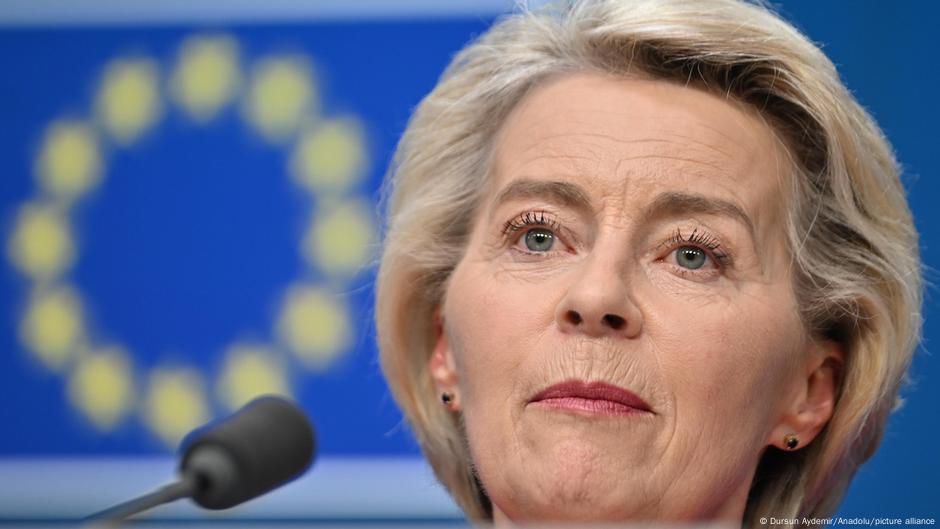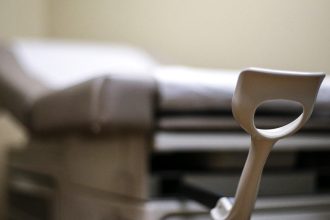Ursula von der Leyen’s presidency of the European Commission is under scrutiny as it prepares for a no-confidence vote scheduled for next week in the European Parliament. This development follows concerns over the Commission’s transparency regarding COVID-19 vaccine negotiations.
Parliament President Roberta Metsola communicated the news to the leaders of parliamentary groups on Wednesday evening. The motion will be debated on Monday, with a vote expected three days later. While the vote is primarily symbolic—most parties are expected to oppose the motion—it highlights mounting dissatisfaction within Brussels amid several contentious decisions by the Commission. If the no-confidence motion were to pass, it would necessitate the resignation of the entire Commission, including von der Leyen and the 26 other EU commissioners.
Central to the controversy is the accusation made by right-wing Romanian MEP Gheorghe Piperea, who initiated the motion of censure. He criticizes von der Leyen for not being transparent about her text exchanges with Pfizer CEO Albert Bourla during the pandemic. According to reporting from The New York Times, these direct interactions were crucial for finalizing the EU’s multibillion-euro vaccine deal.
Recently, the European Union’s General Court annulled a decision by the European Commission that had initially barred a journalist from The New York Times from accessing these controversial messages. Additionally, Piperea has claimed that the Commission meddled in Romania’s presidential election, where nationalist candidate George Simion was defeated by pro-European candidate Nicusor Dan.
Despite the motion’s origins with Piperea, the European Conservatives and Reformists group has publicly distanced itself from the initiative. “It’s not an initiative of our group,” an ECR spokesperson remarked.
For the no-confidence motion to succeed, it would need to secure an absolute majority of at least 361 out of 720 votes. Notably, although von der Leyen currently leads the Commission, many of the commissioners in their roles will differ following the upcoming European elections in 2024.










